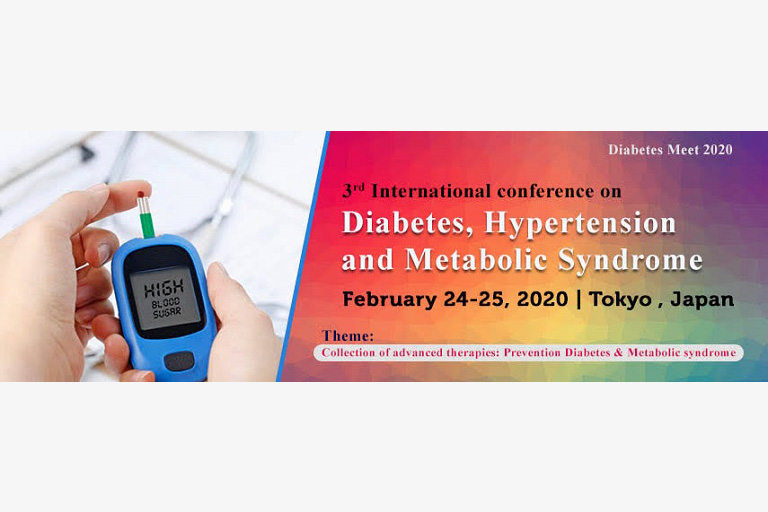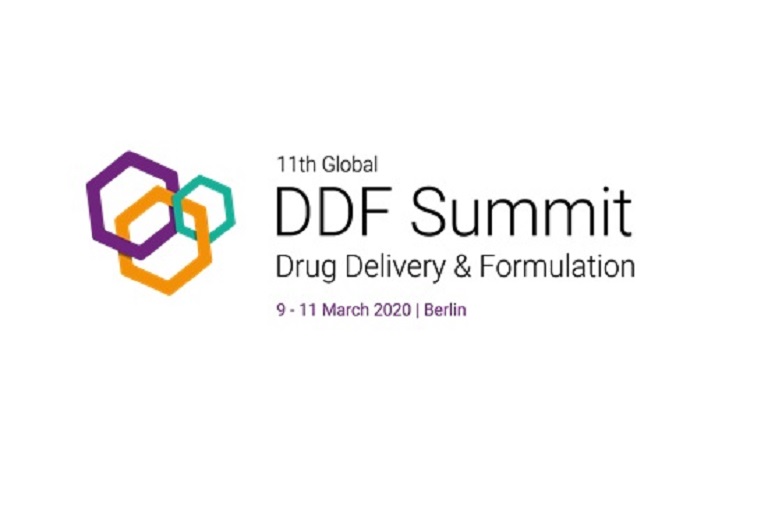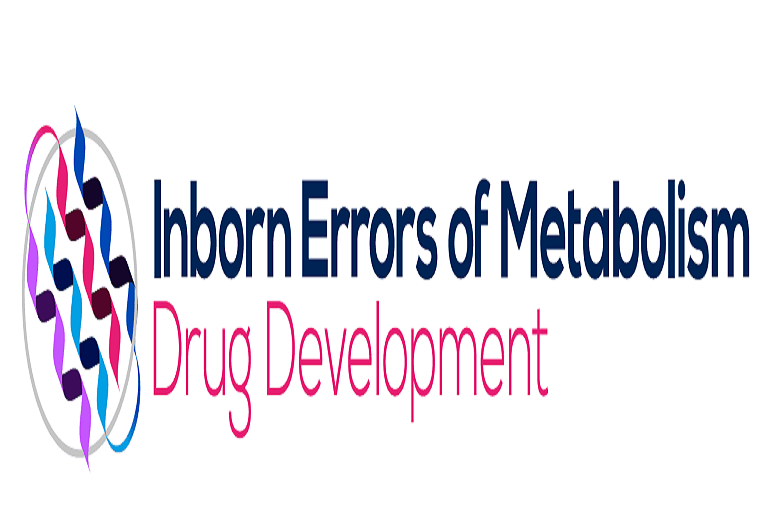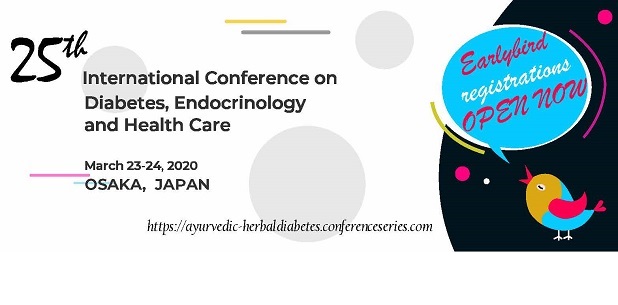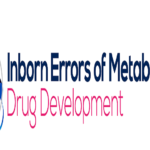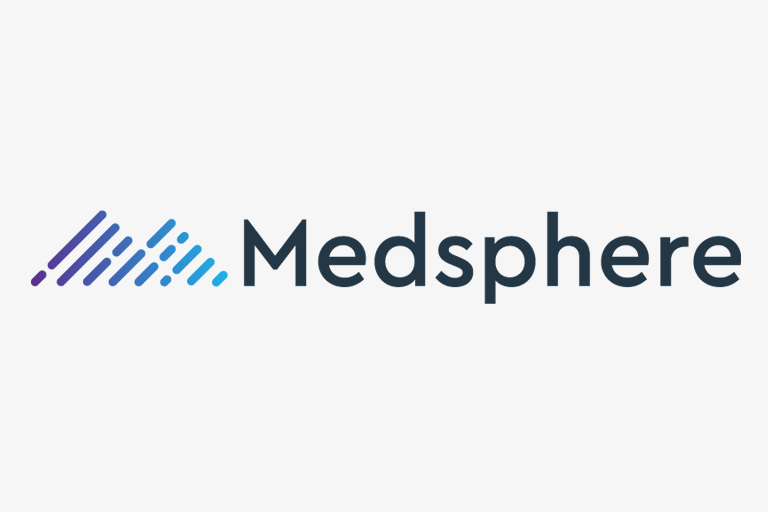
Physicians are people, too, as it turns out.
Well of course they are, you say, perhaps while acknowledging that we may have expected doctors to perform superhuman feats since television feeds us a steady diet of doctors as boy geniuses, adult geniuses, other types of geniuses and personally troubled but ethically unassailable walking Greek tragedies.
In the real world, we know that doctors these days are engaged in very human struggles to pay off massive medical school bills, walk the gauntlet of residency and stave off the demons that come with a high-demand profession.
But where physicians arguably seem most like the rest of us is in terms of behavioral change. When doctors get something stuck in their brains, the evidence suggests, they have as much trouble getting it out as anyone else.
“We give antidepressants to children too often,” says the New York Times’ Aaron Carroll of a recent JAMA Pediatrics study. “We induce deliveries too early … We get X-rays of ankles looking for injuries we almost never find. And although there’s almost no evidence that hydrolyzed formulas do anything to prevent allergic or autoimmune disease, they’re still recommended in many guidelines.”
The fallout from a failure to change behavior when facts change is in many ways obvious. Unnecessary care costs money, driving up overall costs with nothing to show for the expense. It also skews the data in terms of efficacy, making it difficult to determine what works, why it works and how.
In some instances, the inability to purge flawed practices can be fatal.
Carroll references a 2001 study of tightly controlled blood glucose levels among ICU patients that suggested fewer adverse outcomes and led to calls for changes in treatment. The limited study led to a larger project in 2009 that contradicted the earlier effort, after which doctors were asked to cease the practice of tight glycemic control.
Because studies beget studies, a 2015 project looked back at how physician behavior had changed between the 2001 and 2009 efforts, and then after 2009 when physicians were advised to stop tight glycemic control. Researchers found a steady climb in the use of tight glycemic control from 2001 through 2015 even though the prevailing wisdom had changed.
As Atul Guwande illustrated when he wrote The Checklist Manifesto, change is both simple and difficult. The solutions, a basic checklist, are simple; getting people to use them regularly is the hard part. But the results cannot be disputed.
So behavioral change is possible, even for doctors, but not without a system of proper incentives.
For that, we look to fruit. It turns out that when a company offers employees fruit in the mornings as a healthy breakfast option, the bananas always go first and the oranges always remain after everything else is gone.
“It’s not that bananas are objectively more delicious than oranges,” write Tania Luna and Jordan Cohen in the Harvard Business Review. “The difference in their popularity comes down to one thing: how easy they are to peel.”
Another way to put it? Oranges cause more friction for the user and illustrate that the key to channeling behavior is reducing friction—making things easier, even if easier is a matter of 20 seconds difference.
Examples of the Banana Principle abound. One firm made it easier to identify new employees so the seasoned vets could approach and welcome them. Another reconfigured the office space to facilitate meetings and collaboration.
Of course, the Banana Principle also works in reverse; if you can encourage behavior by making some things easier, you can also discourage behavior by making certain behaviors harder or more imposing. To discourage meeting attendees from looking at their phones, one company put a box full of small toys and gadgets to play with in the middle of the conference room table. Sure, fiddling went through the roof, but it wasn’t anywhere near as problematic as everyone staring at the small screen in their hands.
How does this relate to healthcare? We’re at the point now where just about every clinical task goes through an electronic intermediary device. You want doctors to go through a checklist before they begin a procedure? Make it impossible for them to move forward without confirming each preparatory step. Want tight glycemic control to stop? Make it harder to do or easier to pursue an alternative.
I’m not suggesting that this is an easy, straightforward fix. Most EHRs these days include a host of clinical reminders that physicians automatically click through or simply ignore, if they can. Many of the tools we offer clinicians these days are as annoying as they are helpful. But we know how to change behavior and healthcare IT tools are ubiquitous, making better tools both an obligation and the most logical approach to changing the way things are done.
“The power of the Banana Principle lies in its simplicity and its silence,” write Luna and Cohen. “So, next time you are tempted to convince someone (or even yourself) to change a behavior, consider how you might change the friction level instead. Find ways to make the positive behaviors feel more like bananas and the negative behaviors feel more like oranges.”
The EHRs in use today include some bananas and also many oranges. But it’s the potential for getting to almost all bananas by applying the principles of disciplines like behavioral economics that’s exciting. Even if we’re only saving clinicians 20 seconds by driving them to one approach over another, the benefits in terms of reduced frustration, greater efficacy and better care will indeed be fruitful.
Irv Lichtenwald is president and CEO of Medsphere Systems Corporation, the solution provider for the CareVue electronic health record.














